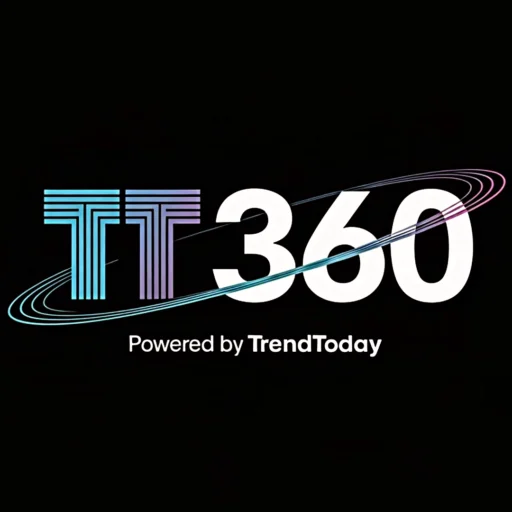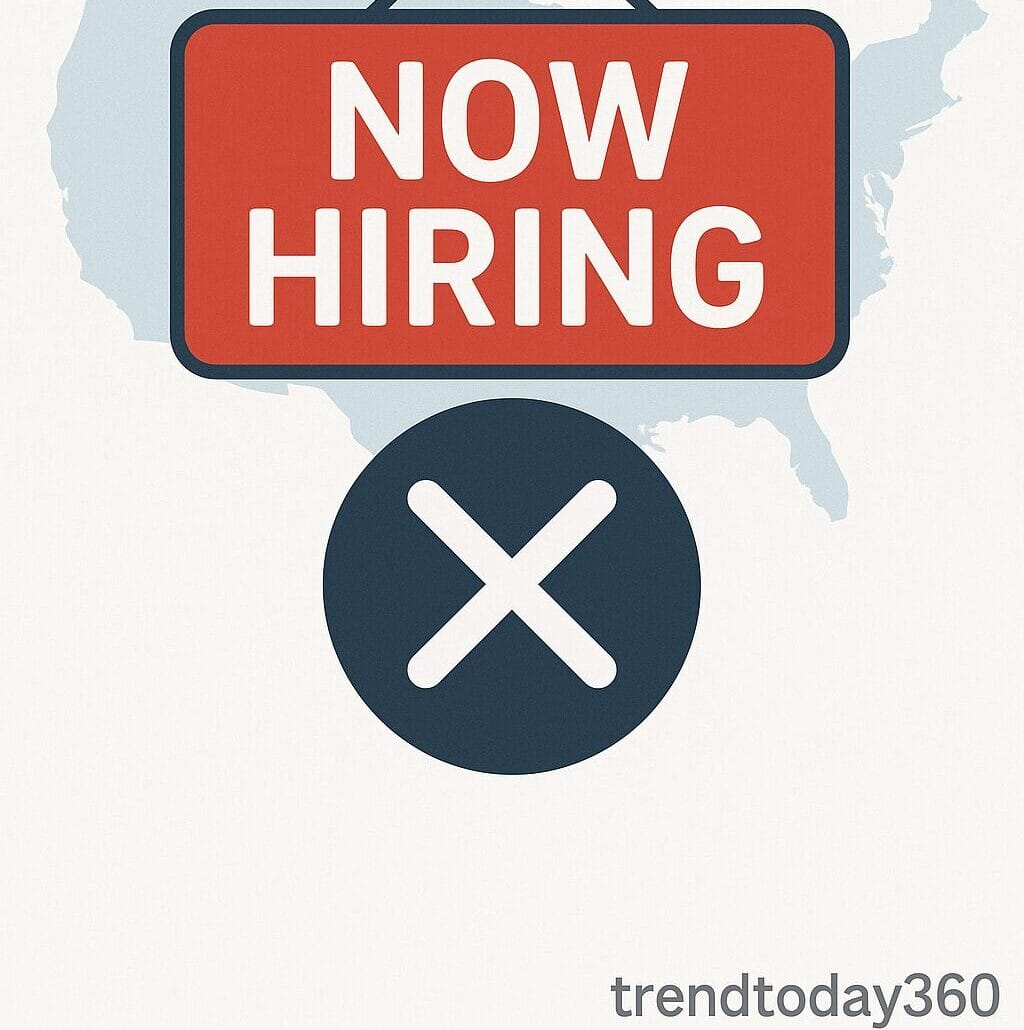Tech hiring slowdown
The U.S. technology sector has long been a magnet for ambitious professionals, offering some of the most lucrative and innovative jobs in the market. From Silicon Valley startups to Fortune 500 giants, demand for skilled tech workers once seemed endless. However, recent reports reveal a surprising trend: tech hiring is slowing in the United States. Job postings in the IT and technology sector dropped by nearly 19% in August compared to July, while open roles fell by about 7%.
This shift has sparked important questions. What is driving the slowdown? How does it affect job seekers and the broader economy? And what can professionals do to stay competitive in a market that is rapidly evolving? Let’s break it down.
Why Tech Hiring Is Cooling Down
There isn’t a single reason for the slowdown; rather, it’s the result of multiple forces shaping the industry:
1. AI and Automation Are Reshaping Work
Artificial intelligence (AI) is transforming industries at lightning speed. Many tech companies are redirecting resources into AI research, automation, and digital transformation. While this creates new opportunities, it also reduces the need for certain traditional tech roles. Positions in routine coding, IT support, or back-end maintenance are increasingly automated or outsourced.
2. Economic Uncertainty
The global economy is navigating inflation, fluctuating interest rates, and unpredictable consumer demand. As a result, companies are becoming cautious with their hiring plans. Instead of rapidly expanding, many are focusing on leaner teams and efficiency-driven growth.
3. Layoffs in Big Tech
Over the past two years, thousands of employees have been laid off by major players like Google, Microsoft, Meta, and Amazon. These workforce reductions not only flood the market with skilled professionals but also signal to smaller companies to adopt cautious hiring practices.
4. Shift to Contracting and Gig Roles
Instead of full-time hiring, many organizations are now relying on contractors or freelancers for project-based work. This allows them to access talent without committing to long-term costs like salaries, benefits, and training.
Impact on Job Seekers
The cooling job market has different implications depending on your skill set, experience, and adaptability.
1. Tougher Competition
With fewer openings, candidates face stiffer competition. Recruiters now receive hundreds of applications for roles that once attracted only dozens. This means job seekers must work harder to stand out with niche skills, certifications, and strong portfolios.
2. The Rise of Specialized Roles
Generalist positions are shrinking, while demand for specialists is growing. Cloud computing experts, AI engineers, cybersecurity analysts, and data scientists are still in high demand. The message is clear: professionals who master in-demand skills remain relatively insulated from hiring freezes.
3. Pressure on Entry-Level Workers
Fresh graduates and career changers are finding it harder to land their first break. Companies are leaning toward experienced hires who can deliver immediate results without extensive training. However, internships, apprenticeships, and freelance work can bridge this gap for newcomers.
4. Remote Work Isn’t a Guarantee
While remote work remains popular, some firms are scaling back remote options and demanding office presence. Job seekers relying only on remote opportunities may need to expand their search geographically or adjust expectations.
What Companies Are Doing Differently
Businesses aren’t just cutting back—they’re recalibrating their strategies.
- Focus on Efficiency: Instead of mass hiring, companies are upskilling existing employees and automating repetitive work.
- AI-Driven Transformation: Firms are investing heavily in generative AI tools to reduce costs and streamline operations.
- Selective Hiring: Companies are being choosy, prioritizing roles that directly impact revenue, security, or innovation.
- Partnerships & Outsourcing: By working with third-party vendors, companies reduce headcount while accessing global talent pools.
How Job Seekers Can Stay Competitive
A slowdown doesn’t mean opportunities have disappeared—it simply means the game has changed. Here are some strategies to thrive in this environment:
1. Build Future-Proof Skills
Focus on areas that are unlikely to be automated in the near term:
- AI and Machine Learning
- Cybersecurity
- Cloud Computing
- Data Analytics and Visualization
- Product Management
Investing in certifications from providers like AWS, Microsoft, or Google can also boost credibility.
2. Stay Flexible
Consider freelance, contract, or part-time opportunities. These not only provide income but also expand your professional network and keep your skills sharp.
- Leverage Networking
More than 70% of job seekers land roles through networking rather than online applications. Attending industry events, joining LinkedIn groups, and staying active in professional communities can open doors.
- Showcase Soft Skills
Employers are increasingly valuing adaptability, problem-solving, and communication skills. Highlight how you’ve navigated challenges, led projects, or worked cross-functionally.
5. Think Global
With remote work still viable in many sectors, don’t restrict your search to U.S. firms. International companies are actively hiring tech talent, especially in Europe and Asia.
What This Means for the Future
The tech industry is far from collapsing—it is evolving. The slowdown in hiring doesn’t indicate a shrinking industry but a shift toward smarter, AI-driven growth. Companies want fewer but more skilled employees who can adapt to rapid technological changes.
For professionals, the message is clear: upskilling and adaptability are the new job security. Those who continue learning and evolving with technology will remain in demand, even during market slowdowns.
Final Thoughts
The U.S. tech hiring slowdown is a reality check for both companies and job seekers. Businesses are recalibrating their strategies in response to AI disruption and economic uncertainty, while professionals must rethink how they present themselves in a crowded market.
Although the road ahead may be challenging, it also offers opportunities for those who can adapt. The tech landscape is not shrinking—it’s reshaping itself. And those ready to embrace change, master new skills, and think globally will still find plenty of opportunities in this new era.
Do you think AI is creating more jobs than it is replacing?
Have you personally felt the impact of the slowdown in tech hiring?
Which future-proof skill are you planning to learn next?
Would you consider contract or freelance work instead of a full-time role in tech?
Updated By Trendtoday360







Leave a Reply